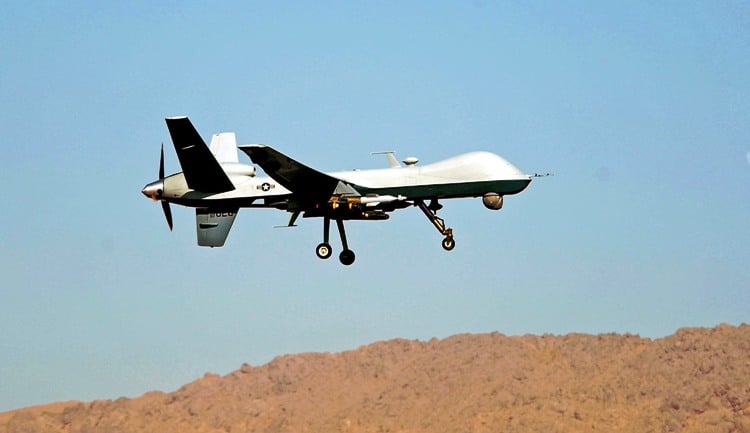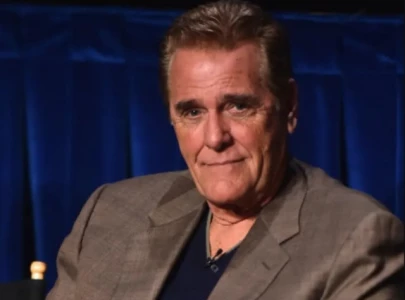
Politics in Khyber-Pakhtunkhwa (K-P) these days seems to hinge on either of two efforts – restructuring parties or opposing drones.
At least three major political parties – Awami National Party (ANP), Jamiat Ulema-e-Islam-Fazl (JUI-F) and Pakistan Peoples Party (PPP) – are attempting to reorganise themselves in the aftermath of the May 11 general elections.
Party plays
PPP is the latest in line – it was in a state of disarray after its provincial chief Anwar Saifullah Khan resigned post polls. Since then the party went into hibernation. However, after the appointment of former lawmaker from Mardan, Khanzada Khan, as the new president of the K-P chapter, PPP seems back in the saddle. Their next goal is to appoint provincial office bearers for their party and then launch a mass membership drive.

For its part, the ANP is trying to manage the turf war within after Senator Azam Khan Hoti levelled a barrage of accusations against Asfandyar Wali Khan. However, the party did not seem to take the allegations seriously and Azam’s own son, Ameer Haider Khan, publicly denounced his father’s statements, claiming Azam Khan turned a personal issue into political one.
The ANP has also been busy recruiting for the past some months possibly in an effort to emerge from the self-imposed cocoon which the party had spun itself into. Its staunch stance against terrorism made ANP members a direct target of Taliban attacks, especially during election campaigns.
Another party which also launched a membership drive is the JUI-F; recruitment began last Sunday in the provincial capital. Party chief Maulana Fazlur Rehman came to Peshawar and addressed officials designated to supervise the drive.

Compared to the rest, JUI-F has an elaborate system of hiring, explained Fazl. The membership drive, which is followed by elections for party offices, takes about six months to complete, he added.
Inside the roost
Within the government, partners of the ruling coalition are dead set against drone attacks and the passage of Nato supplies with less focus on intra-party politics.
However, Pakistan Tehreek-e-Insaf (PTI) has – from time to time – shifted the burden to the federal government, however, it is too soon to tell if the PTI can actually stop Nato supplies through an executive order. Given the sensitive nature of the issue, this seems highly unlikely.
Going all out, its partner in the government, the Jamaat-e-Islami, arranged a sit-in against Nato supplies last Friday where its members vowed they will not allow the containers to pass after November 20.
On Sunday, Difa-e-Pakistan Council also joined the chorus against Nato and its chief, Maulana Samiul Haq led a protest in the city.
Though the whole might be greater than the sum of its parts, all signs indicate the ruling coalition is likely to witness a storm in days to come. One forewarning are alleged tales of corruption, highlighted by none other than PTI Chairman Imran Khan. His talk about corruption by ministers on Sunday in Nowshera is likely to dominate headlines in days to come.
Published in The Express Tribune, November 11th,2013.











COMMENTS
Comments are moderated and generally will be posted if they are on-topic and not abusive.
For more information, please see our Comments FAQ